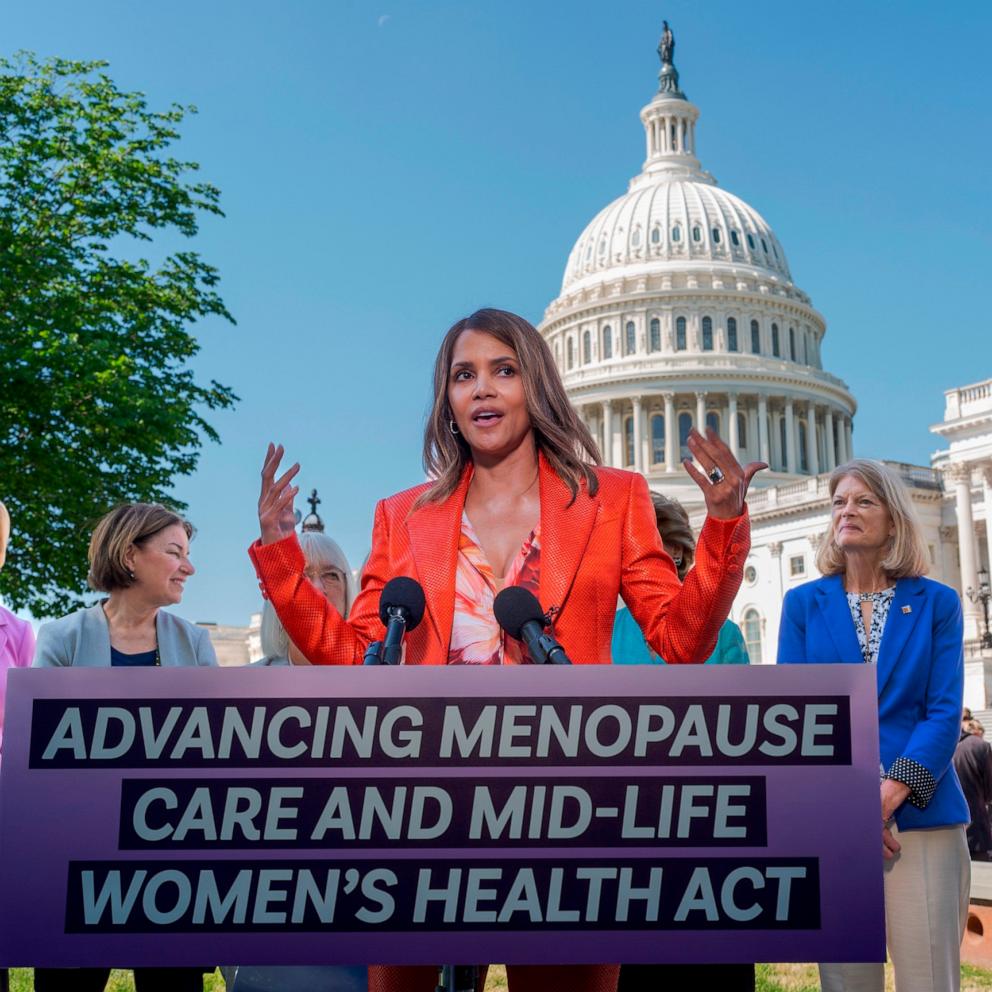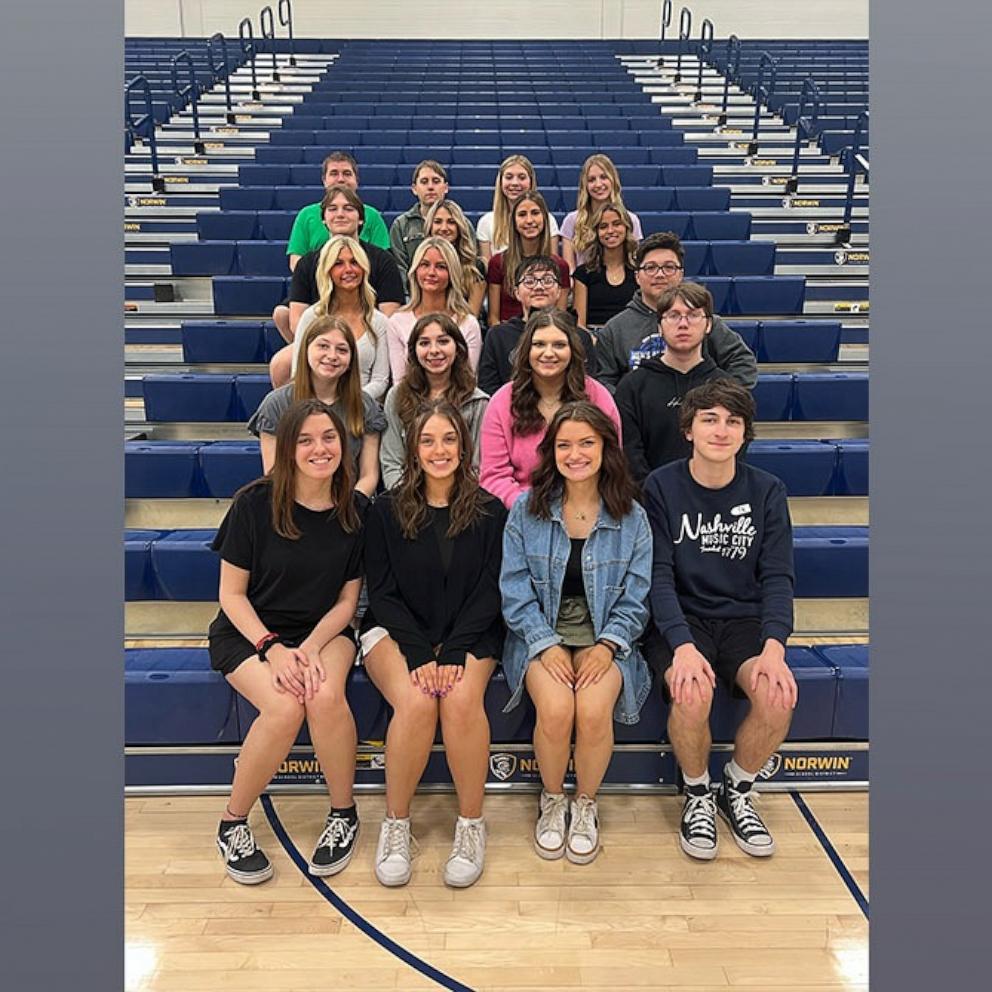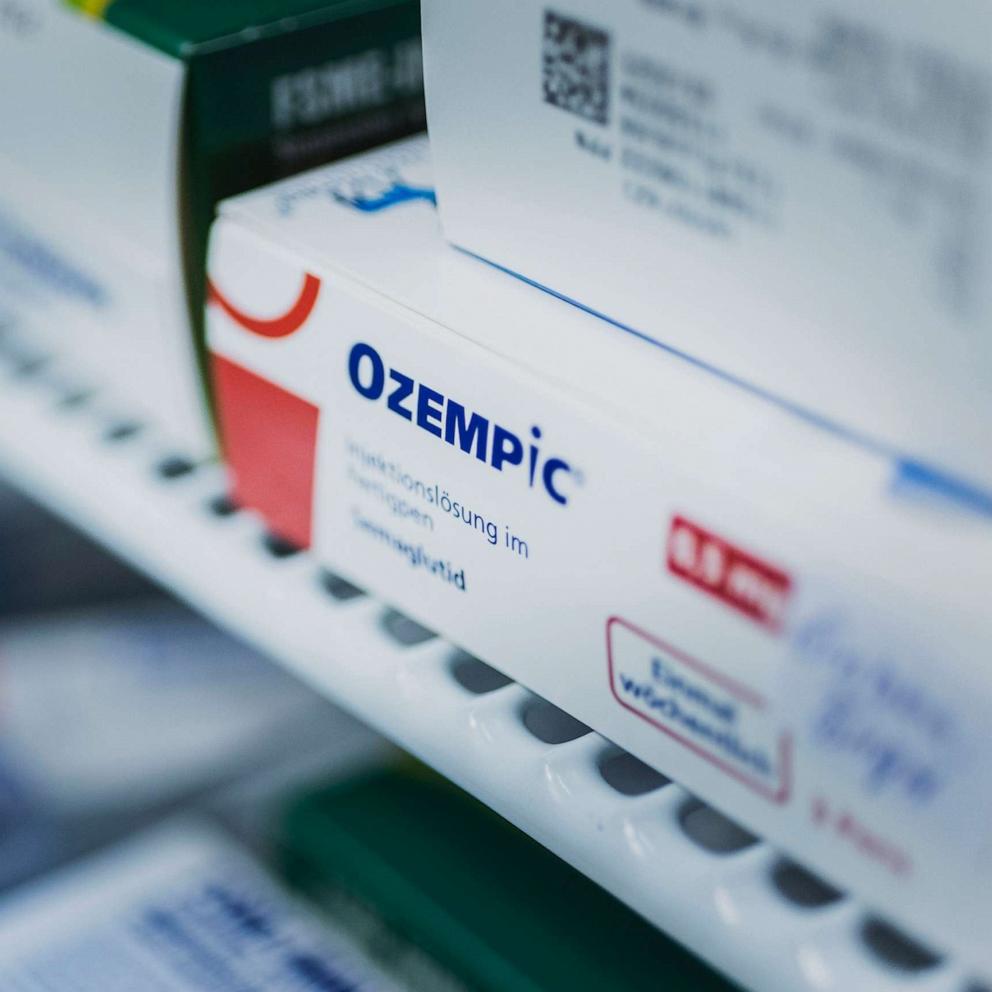Physical distancing, masks can dramatically reduce COVID-19 transmission: Study
New research published in Lancet supports what public health officials have been advising since the pandemic began: To reduce the risk of transmitting COVID-19, cover your face and stay 3 to 6 feet away from other people.
The findings were released as mass demonstrations after the death of George Floyd have rocked the U.S. and have some experts warning there could be outbreaks of novel coronavirus.
In lieu of having substantial experience with the virus from which to draw, researchers looked at 172 studies from 16 countries describing transmission scenarios for the virus that causes COVID-19 as well as related coronaviruses SARS and MERS.
Staying 3 feet away from another individual can lower the risk of transmission to less than 3% from an estimated 12%, the researchers found. A distance of 6 feet could lower that risk to 1.5%. And wearing a mask can reduce the risk to about 3% from roughly 17%.
The study also reinforced guidelines set forth by the Centers for Disease Control and Prevention on the most effective types of masks, suggesting that multilayer masks -- those with 12- to 16-layer reusable cotton -- offer better protection for most of the general public than single-layer masks. And for health care providers, N95 masks and other respirators may be superior to surgical masks.
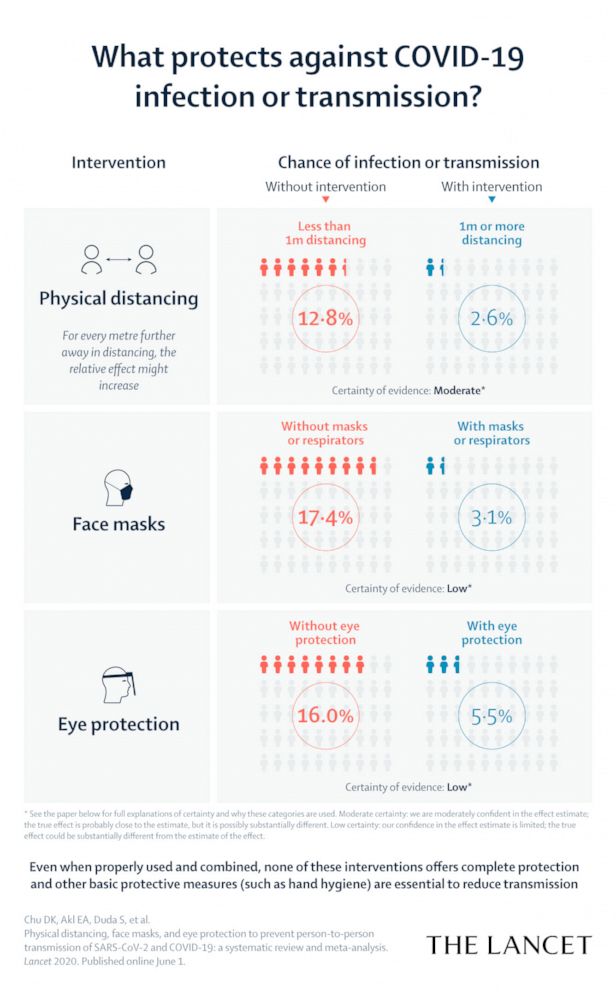
"Eye protection is often under-considered and not uniformly included in policies," said Dr. Derek Chu, an immunology and allergy fellow at McMaster University and co-author of the study. "Goggles, face shields or even large eye glasses may be important in preventing droplet spread through the eyes as well as self inoculation via the hands."
The study's authors emphasized that social distancing and wearing face coverings aren't 100% effective, meaning people still should wash their hands frequently. The study, which the authors noted was limited by the inclusion of some "low-certainty" evidence, still corroborated CDC guidelines overall.
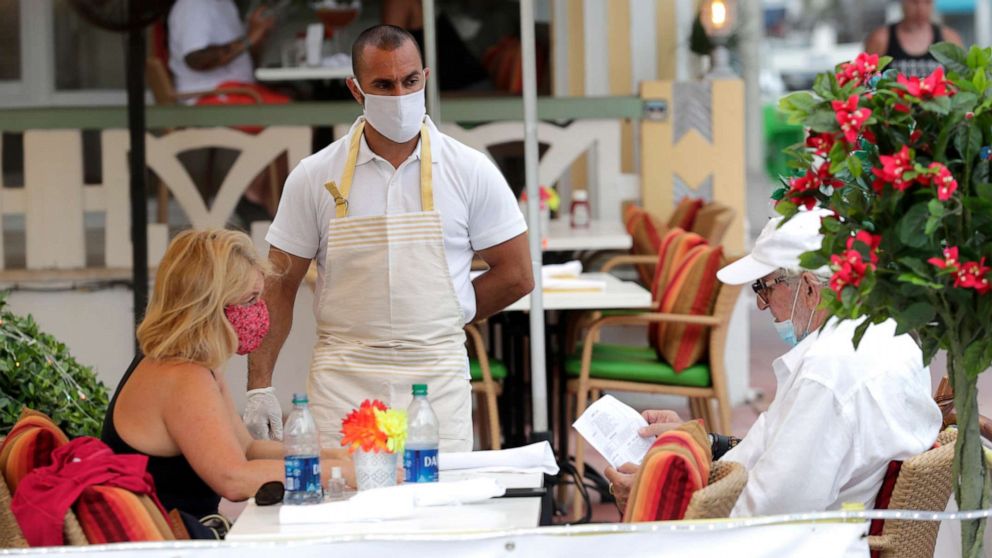
"This article will reinforce the use of masks and physical distancing as a means of flattening the curve," said Dr. William Schaffner, professor of preventive medicine and infectious diseases at the Vanderbilt University Medical Center. "Certainly, the medical community will take heart. We constantly get questions regarding the validity of these public health measures. Having all the information together in a coherent fashion like this will be very helpful."
The study's findings may not only guide pandemic response efforts but could encourage policymakers around the world to address concerns over providing enough protective coverings for all people in all settings.
"We will be living with COVID for the future," he said. "These fundamental public health measures are going to remain important and will become part of the new normal."
What to know about the coronavirus:
- How it started and how to protect yourself: Coronavirus explained
- What to do if you have symptoms: Coronavirus symptoms
- Tracking the spread in the U.S. and worldwide: Coronavirus map
Tune into ABC at 1 p.m. ET and ABC News Live at 4 p.m. ET every weekday for special coverage of the novel coronavirus with the full ABC News team, including the latest news, context and analysis.
Ayodola Adigun, M.D., a fellow in child and adolescent psychiatry at Yale University, and Jessica Johnson, M.D., a third-year resident in emergency medicine at Stanford University, are contributors to the ABC News Medical Unit.

